The GPS assured that we had arrived: in place of the curving, lengthening arrow mark, there was the sprogged onion. The famous toddy shop was supposed to be on our left side. Instead of – as I imagined it to be – lit up like Merryland, parking attendants struggling hard to find space for customers coming in and harder to aid those leaving, lungis flying high mast, politics discussed in bigsie voices and people gathering around in an impromptu belching contest, it was a desolate stretch swamped in pitch dark. A lone tubelight shimmered somewhere from the inner recesses of the modestly proportioned shaap – what Keralites call a toddy shop with familiarity – while two scrawny bulbs struggled to show you the way in.
“This cannot be it,” my Mom remarked.
I think the same images I imagined might have played in her mind too; after all, I have been vocally quite kicked about it reading the reviews.
A local assured us that we were at the right place. And, as if to find out whether we took him seriously, he stood at a not-too-discreet distance and – as every true-blooded Keralan does when focussing hard – began fiddling with his bawbag.
Following a court ruling that toddy shops should be removed from main drags, junctions and other points where civilisation congregated, they became the social strumpets in Kerala. Everyone visited them still but quietly lauded their forced disappearance from plain sight. But that was hardly any deterrent for continued patronage. Look at us: we had turned in from the main road on our way to Kochi and followed a narrow, pot-holey track for what seemed like some kilometres, took several confusing turns before we reached. Closer to hometown Pala, I along with some friends, had to park our vehicles and literally trek in the sticks to reach a shaap which served great food. Then that is a doxa – the food is generally great in the toddy shop – we steadfastly hold on to in our state. We don’t mind going that extra mile to reach one where the spread is renowned.
Of course, harder the quest, sweeter has to be the nectar. Or hotter, in the case of food.
On my Dad’s birthday last year which we celebrated on a houseboat – aboard which sumptuous lunch was served – we still decided to go looking for Muthu’s shaap in the R Block along the picturesque backwaters of Alappuzha. The menu of any good shaap along the Kuttanad region of Kerala will read like an ancient culinary manuscript come alive – you will never see most of the items in regular, mainland hotels. Karimeen pollichathu – pearl spot slow fried with coconut oil inside plantain leaves, kakka or freshwater clams roasted in coconut garnishing, duck mappas or shredded duck cooked in a kind of coconut milk, peppery roasted prawns, fried beef and the most reddish fish curry to have ever come your way. The conspiracy theory goes that the food is deliberately made spicy to encourage toddy consumption. One conspiracy nobody seems to mind!
Muthu also claimed to remember me when I would take the government operated ferry boat from Kumarakom to R Block with my classmates from college. A little improbable considering it was almost a quarter of a century ago.
“You would also ask for places where you could sell the rubber sheet hidden inside your shirt,” he said.
Well, what can I say but the man was as remarkable as his fare was delectable. I used to flick a few rubber sheets from home where they would be hung out to dry to pay for these little tippling adventures. Those were the days – when rubber fetched decent prices too. For the first time I was glad that my Dad was a little short of hearing. Or maybe he didn’t have any problem and as the rest of us suspected with good reason, he just didn’t respond to anything as long as it didn’t affect his charity. Muthu was just the way I remembered him – in a frayed fantoosh lungi, dragging a baffie and a soiled towel in place of a shirt. We took a selfie for old times’ sake. Issues with the toddy shop licence renewal and he voiced apprehension about the photo.
“Are you working with a newspaper?” He asked me.
“No, why do you ask?”
“Oh, you always wanted to be a journalist.”
I told him how I was one, briefly with a newsweekly.
It is believed that good toddy is great nourishment for body and mind. I will second that.
Despite Vijayan, the chief minister of Kerala, himself hailing from the thiyya community – who are toddy tappers, traditionally – the profession has fallen on hard times. Efforts to position it as a vitamin drink and sell it in star hotels didn’t meet with success. With low demand, the quality has also gone south. A dwindling number of coconut trees given for tapping has further deteriorated the output. Besides, there is the issue of inebriation – those from the lower economic strata who form the bulk of consumers prefer a stronger drink. Good toddy has less than five per cent alcoholic content – at par with that of light beer. Ergo, bootleg toddy.
This is synthetic with different kinds of chemicals and barbiturates thrown in codenamed ‘powder’ and ‘paste.’ The powder is chloral hydrate, generally used as a sedative and paste a concoction of benzoic acid, sulphate, lead and saccharine. While qualified chemists handle the mixing in most of the places, sometimes amateurs come in the picture and many drinkers die or lose organs or eyesight. Regular consumption of bootlegged toddy make people lose memory, rendering them bams or nincompoops. Unlike the real nectar which ferments from contact with air, this has a metallic taste and is bowfing to the trained nose.
Not saying every shaap serves synthetic toddy. But there are many who still wait for the toddy tapper to clamber up the coconut tree, splice open the budding flower stalks and collect the sap into terracotta pots. Seek directions from a trustworthy, knowledgeable insider to the rare shaap which sells the pure sap. On certain days of the week, the tapper has to give the collected nectar to the owner of the coconut trees. Many of my friends have tendered out large tracts of their trees to tappers but not us. We didn’t as alcoholism ran in our family.
So now we follow GPS.











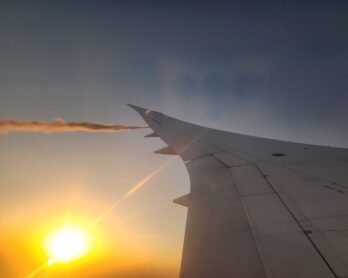
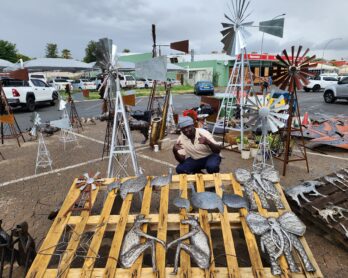



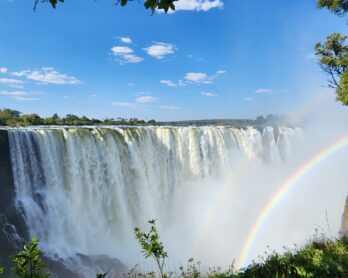
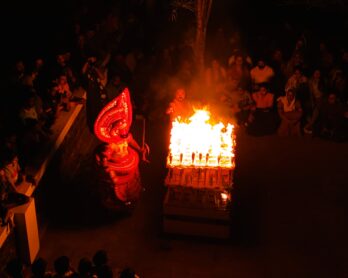
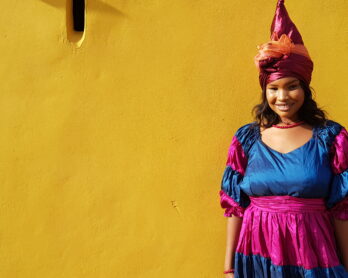
Looks like you’ve had a pretty interesting experience. Especially food seems to be something we do not find anywhere.
I love how you tell the story of your adventure. What a wonderful experience.